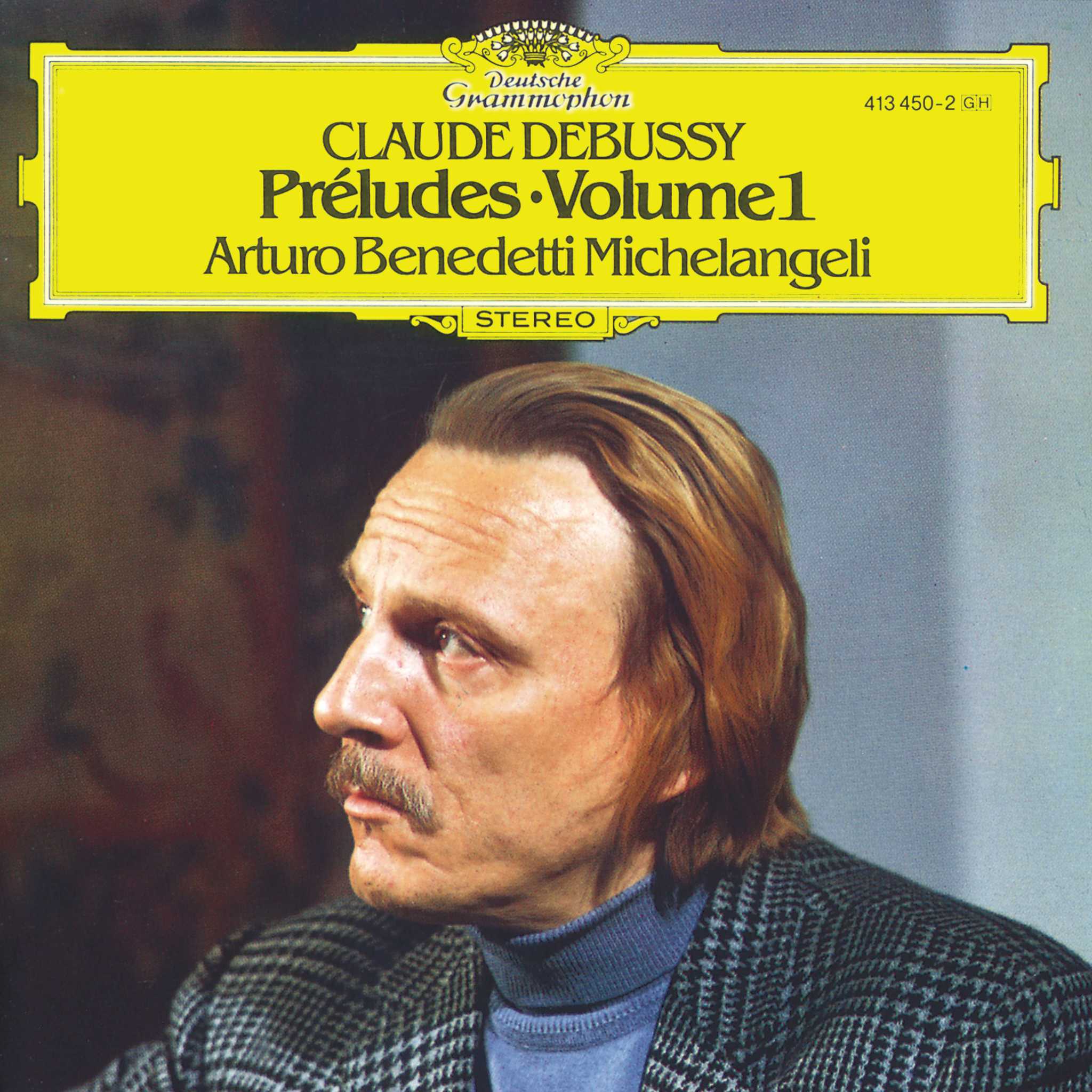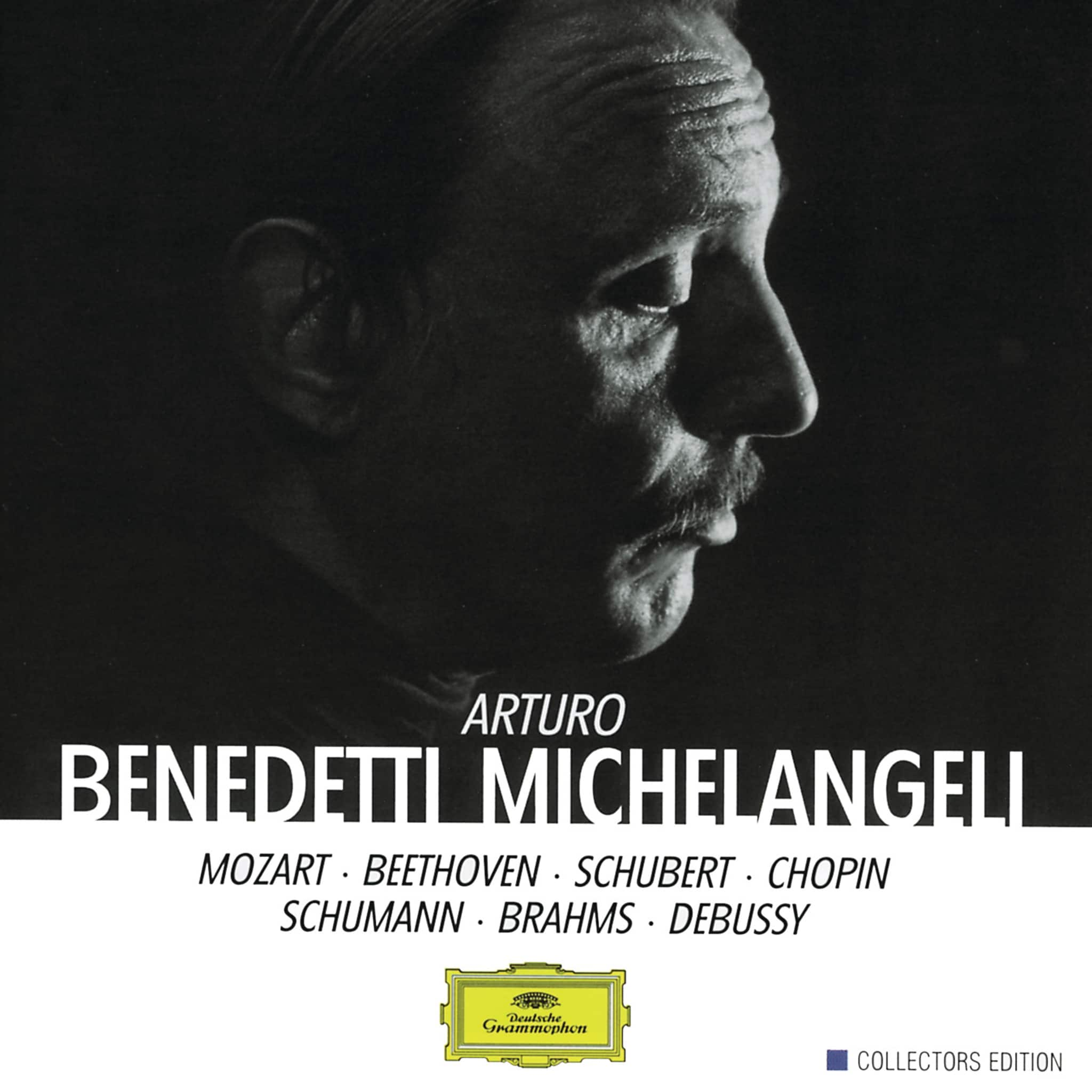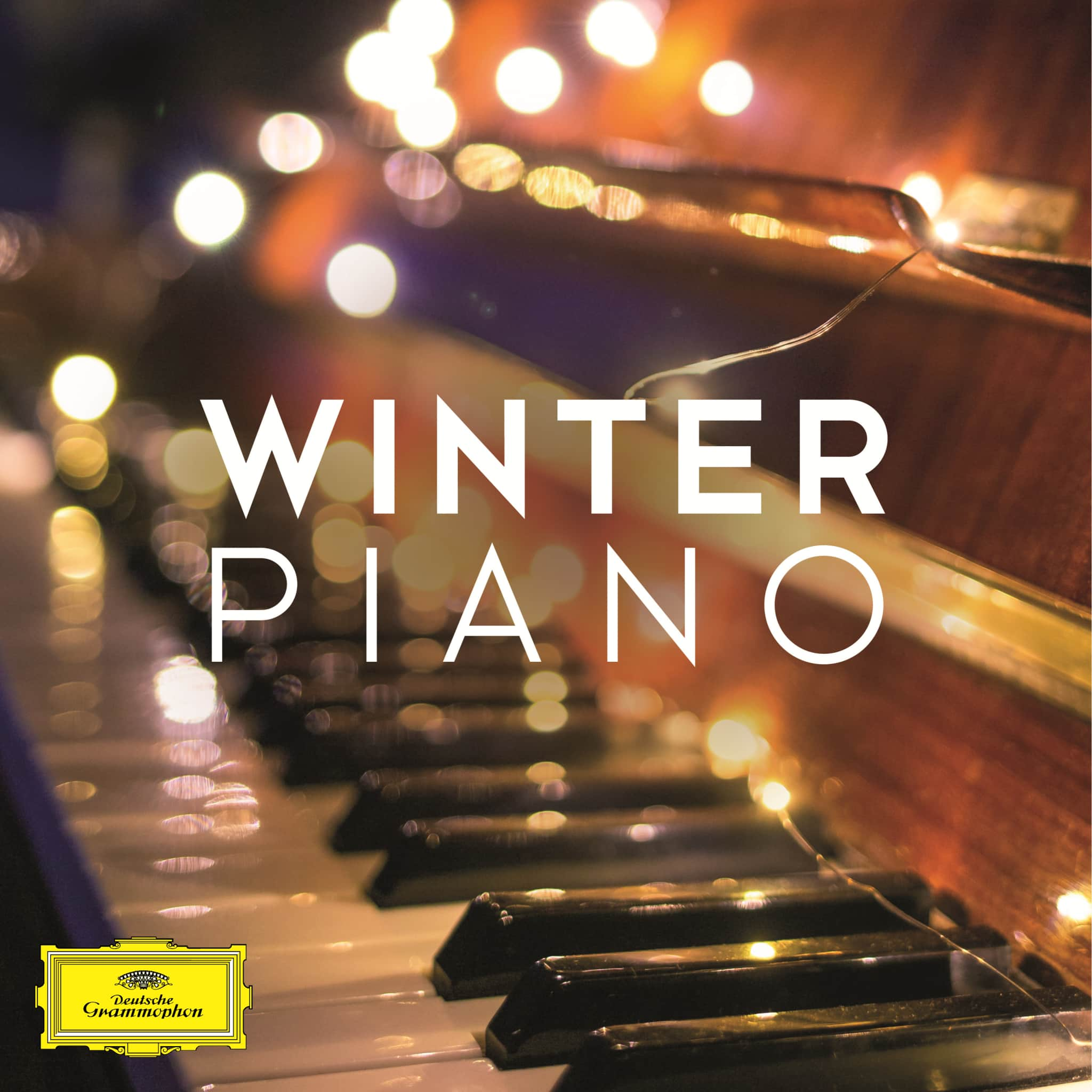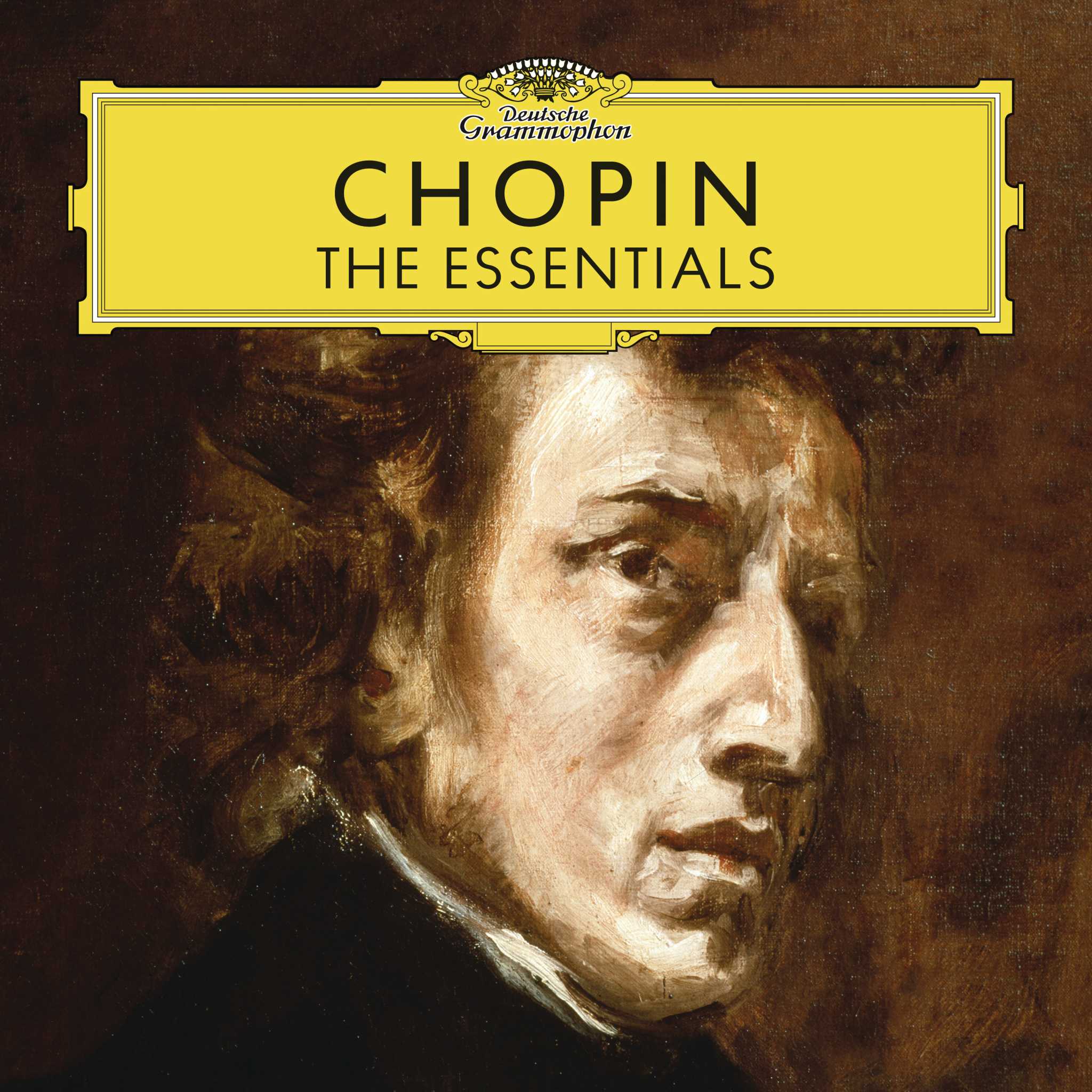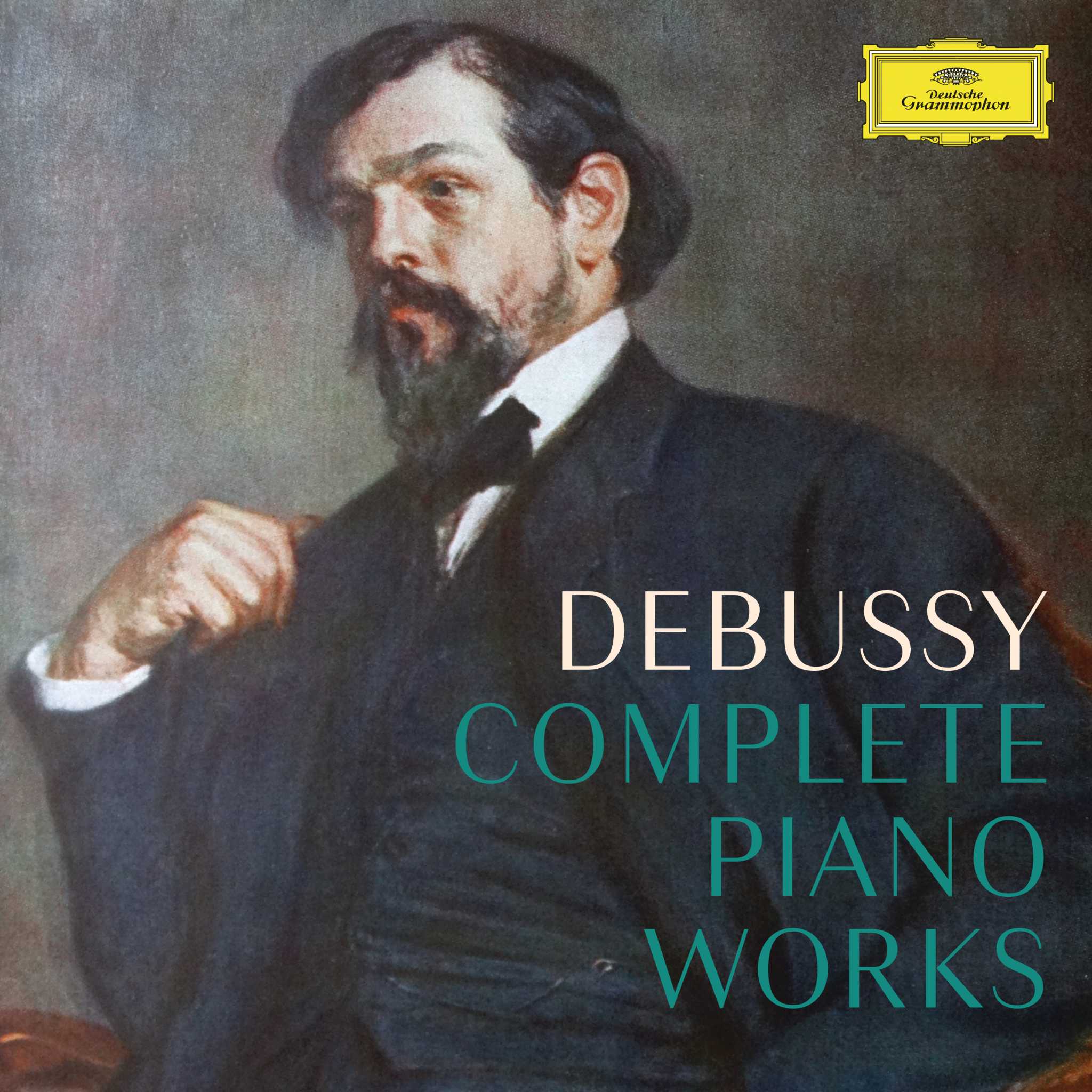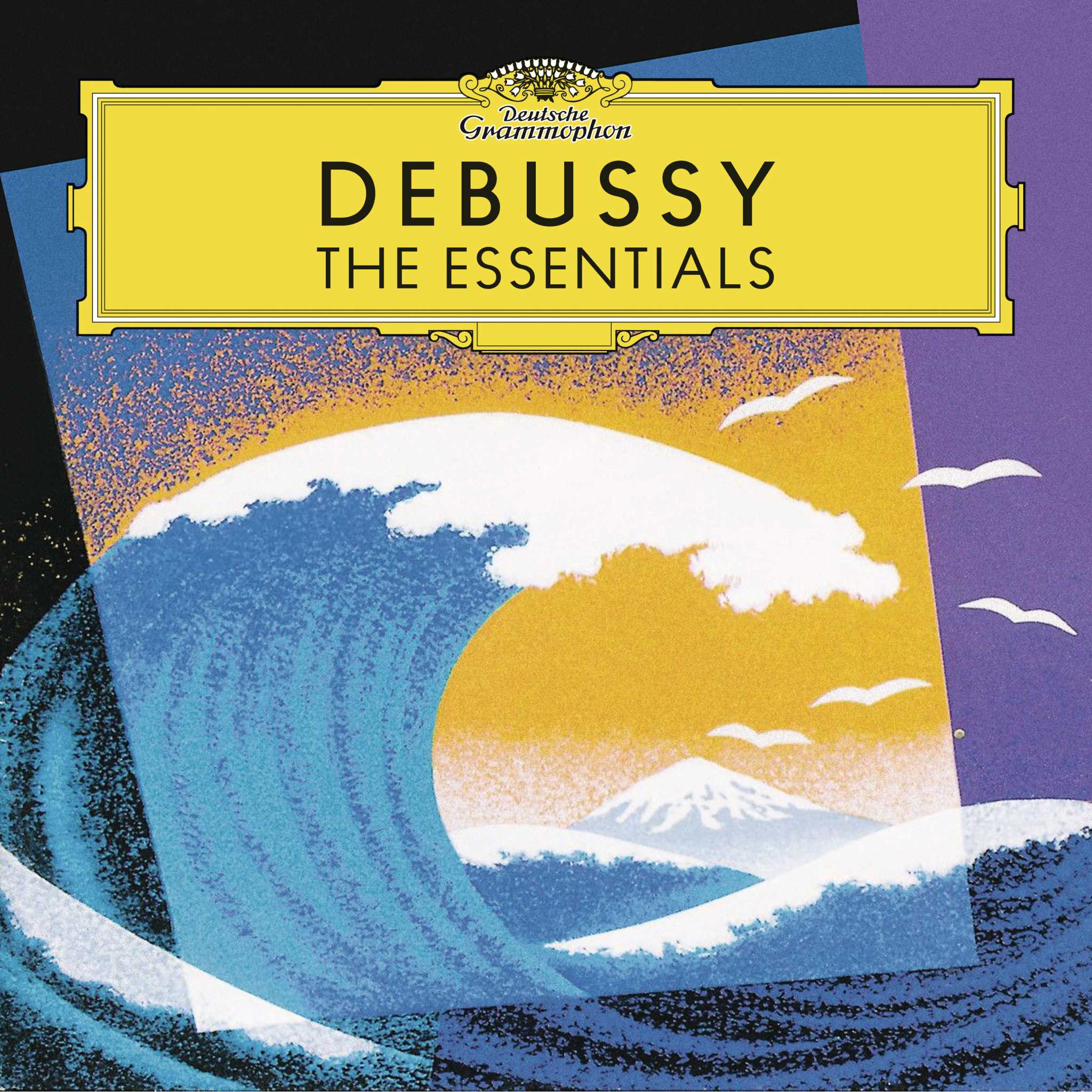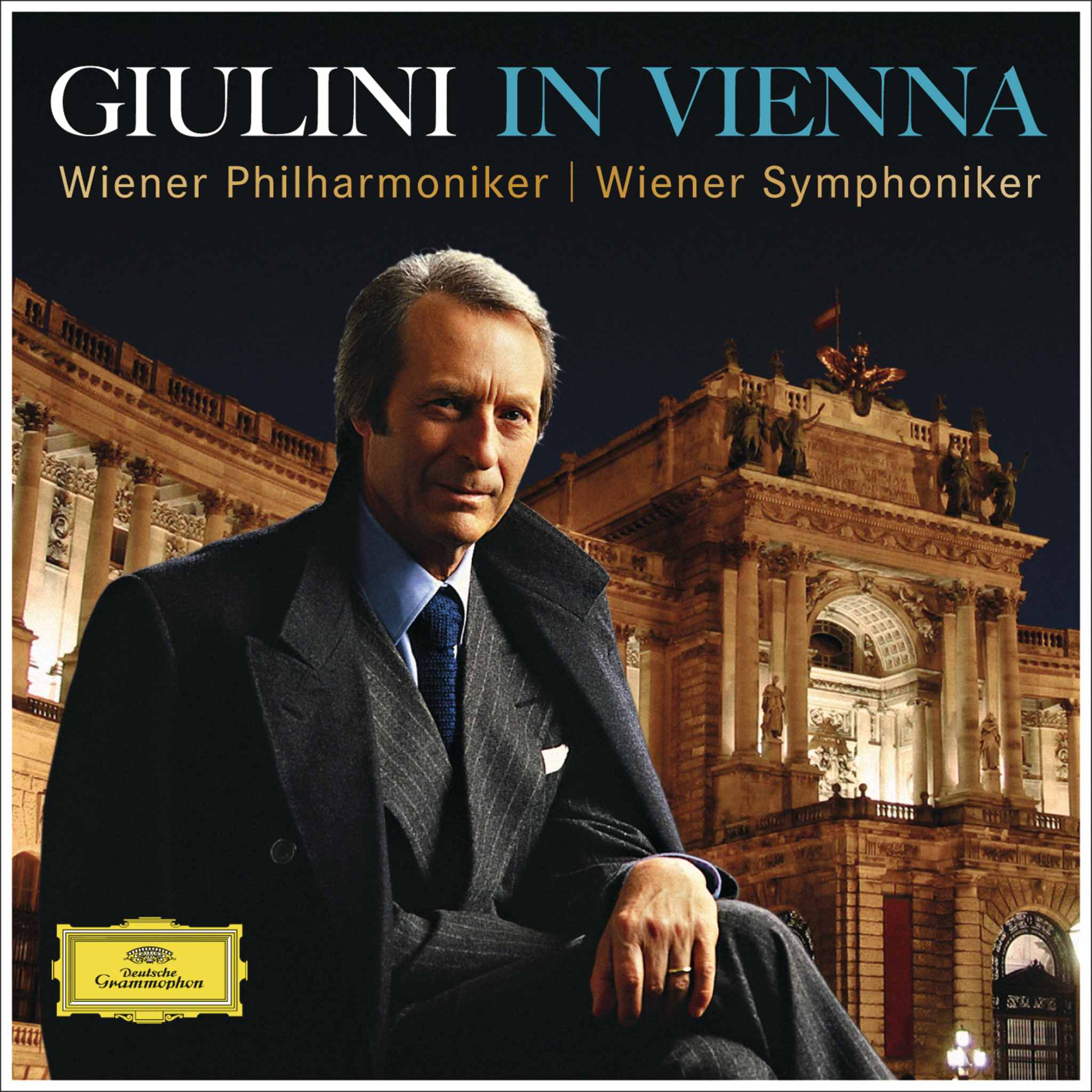Alben
Erscheint auf
InfosArturo Benedetti Michelangeli

Der Dirigent, Organist und Cembalist Andrea Marcon zählt zu den bekanntesten Musikern und Experten der Alten Musik. Er wurde 1963 in Treviso geboren und schloss sein Studium (Orgel und Cembalo bei Jean-Claude Zehnder, Dirigieren bei Hans-Martin Linde) an der auf frühe Musik spezialisierten Schola Cantorum Basiliensis mit Diplom ab. Nachdem er beim Orgelwettbewerb in Innsbruck und als Cembalist beim Wettbewerb in Bologna jeweils den ersten Preis gewonnen hatte, wurde er 1983 Cembalist und Organist beim Ensemble Sonatori de la Gioiosa Marca, eines in Treviso beheimateten Kammerorchesters für Alte Musik.
1997 gründete Marcon mit einigen der besten Instrumentalisten Italiens das Venice Baroque Orchestra, das seither zu einem der führenden Barockensembles der Welt avanciert ist. Sein unermüdlicher Einsatz für die Wiederentdeckung barocker Meisterwerke führte zu den ersten vollständigen Bühnenproduktionen der heutigen Zeit von Francesco Cavallis Oper L'Orione und Händels Siroe. 2001 gab das Orchester im Lincoln Center sein New Yorker Debüt, bevor es 2002 bei den BBC Proms in London debütierte. Es folgten Auftritte in Paris, Hamburg, Boston, Amsterdam, London, in der Walt Disney Hall in Los Angeles, in der Carnegie Hall, in der Oper Frankfurt und bei Festivals in Luzern, Zürich, São Paulo und Istanbul. Darüber hinaus hat Marcon zahlreiche Orgelkonzerte in Mailand, Dresden und Seoul gegeben. Ein erstes Album, Andromeda liberata, nahmen Marcon und sein Orchester für Archiv Produktion auf; bei der Eröffnung des Musikfestivals in Venedig 2004 erklangen die entsprechenden Werke live. Bei Tourneen und Aufnahmen arbeitete das Orchester mit vielen namhaften Solisten zusammen, etwa mit dem Geiger Giuliano Carmignola, den Pianistinnen Katia und Marielle Labèque, der Geigerin Viktoria Mullova, der Sopranistin Simone Kermes und der Mezzosopranistin Magdalena Kožená.

